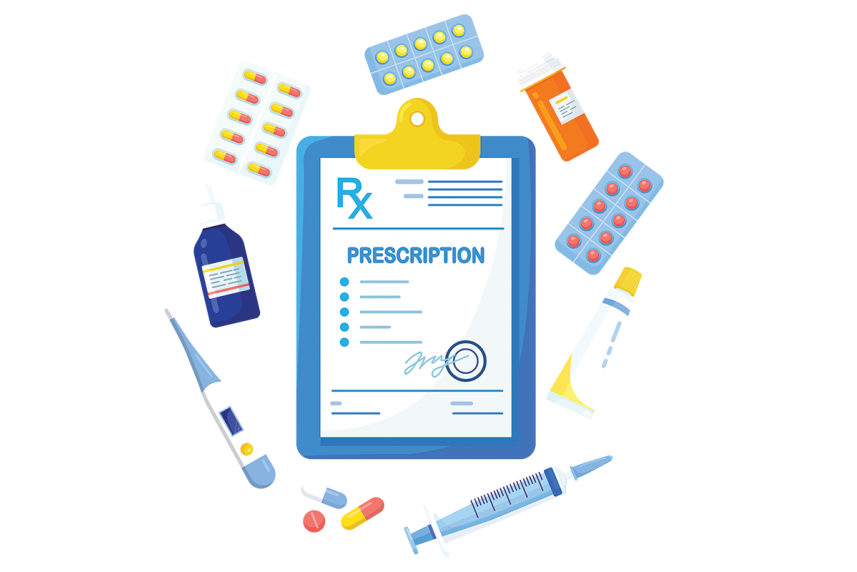Medication management: Why it matters and how to improve it
If you have a chronic health condition, such as diabetes or high blood pressure, it’s likely that your doctor has prescribed medication to help manage your symptoms.

But about half of all patients don’t take their medications as directed. And 1 in 5 of them never fill their prescriptions.
These are examples of nonadherence, and it happens for many reasons. Learn what they are and ways you or a loved one can stay on track.
Reason #1: You’re afraid of potential side effects.
What to do: ”Your pharmacist can be a great resource for you to talk about what to expect from your medication,” says Gabriela C. Cipriano, Pharm.D., BCACP, associate professor in the Department of Pharmacy Practice at Wegmans School of Pharmacy at St. John Fisher University and clinical pharmacist at the Anthony L. Jordan Health Center in Rochester, New York. “Medications will affect everyone differently, so it is important that you understand what these may be so you know what to look out for.”
Reason #2: You can’t get to the pharmacy.
What to do: If traveling to the pharmacy or going inside to get your prescription is a challenge for you, you can receive your medication via mail order. You can also use your pharmacy’s delivery or curbside pickup programs.
Reason #3: You feel better.
What to do: If your condition improves, you may think the problem has been fixed. But even if you feel better, it’s still important to continue treatment. “It’s important not to stop taking your medicine unless instructed by your pharmacist or doctor,” says Cipriano. “Stopping it abruptly may make you feel not so great and cause harm, depending on the medicine.”


